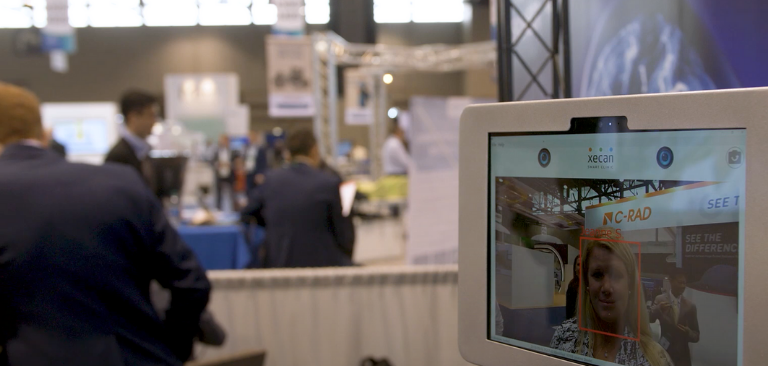Privacy invasions have now become a part and parcel of the internet-driven, digital world of ours. Starting from social media platforms to hospitals, personal data is being collected virtually everywhere.
What we have now is hospitals relying on facial recognition cameras for identifying and keeping track of patients. Facial data is the most invasive personal information there ever is. And naturally, the concerns around the reliance on facial data are also rising.
VA clinics and Massachusetts area hospitals are now installing XECAN cameras, a company known for providing “touchless clinic technology” to healthcare facilities for nearly a decade. The company is also known for making cameras that can recognise the faces of patients, even if they are wearing a mask.
XECAN has also been promoting the hygiene element for persuading clinics and hospitals to install these cameras. “Compared to other biometric systems, facial recognition has the direct advantage of hygienic and touch free operation,” said the company. The cameras are apparently designed to be installed in the reception, exam room or treatment room. XECAN has also revealed that it uses a combination of facial and palm recognition through RFID devices for tracking patients.
The company also claims that several leading hospitals across the globe have been using their facial recognition cameras for a long time now.
A few hospitals and clinics, instead of revealing the fact that XECAN collects facial data and stores it, simply state that it is a “patient care and safety management system.” It goes without saying that patients could end up being kept in the dark and also are in no control of what would happen with their facial data.
Here’s what a worker from the Boston VA Medical Center said about their usage of XECAN: “The Patient palm scanning technology from XECAN is a great way of observing the flow of a department and most importantly patient safety. Palm scanning technology eliminates any and all human error for identifying patients in treatment rooms. Also, the use of room RFID readers is a simple way of documentation of accessories used for each patient’s treatment. It is a great component for patient safety all around.”
With the COVID-19 pandemic wreaking havoc across the world in more ways than one, social distancing and contactless operations are being adapted everywhere, and the same is true for hospitals as well. That said, reducing human interaction and relying on contactless devices will call for storing significant amounts of private data, which then becomes potentially vulnerable to theft, misuse, or mishandling.













